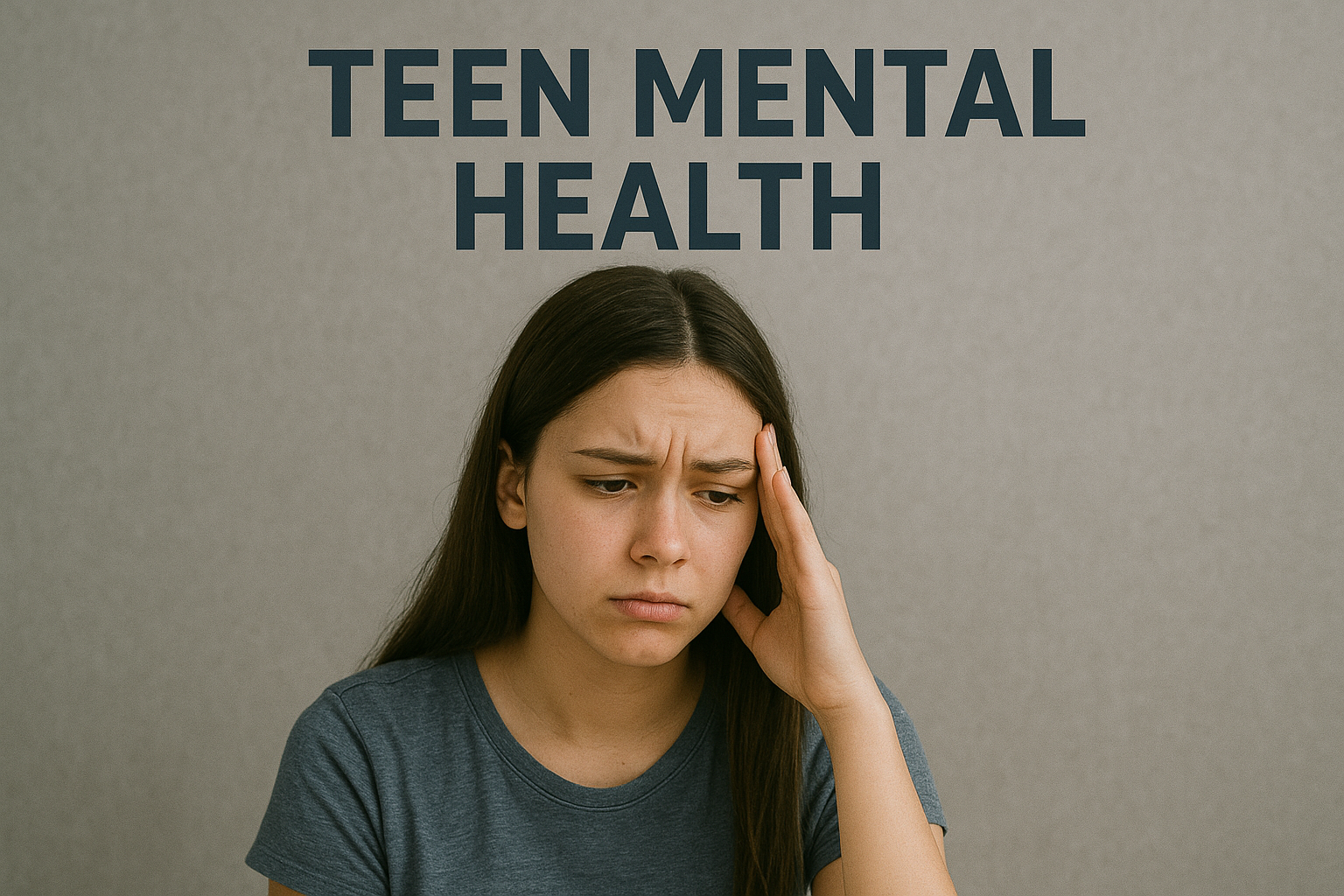Recent federal reports reveal encouraging developments in Teen Mental Health across the United States, with a notable decline in rates of major depressive episodes and suicidal thoughts among adolescents in 2024. After years of distressing statistics and rising concern among families, educators, and health professionals, these findings signal a potentially positive shift in the battle to protect Teen Mental Health and prevent youth suicide.
Positive Trends in Teen Mental Health
The latest data compiled by the Department of Health and Human Services indicates that fewer teens are reporting significant struggles with depression and suicidal ideation compared to previous years. Experts attribute part of this improvement to increased investment in school-based mental wellness programs, expanded suicide prevention campaigns, and destigmatization efforts. Communities nationwide have made Teen Mental Health a top priority, rolling out social-emotional learning curricula and increasing access to counseling services within schools.
Digital resources—such as mental health apps and confidential chatlines—have also made it easier for adolescents to seek help discreetly, reducing shame and encouraging early intervention. The report highlights the important role of family engagement and peer support in helping teens navigate challenges related to stress, academic pressure, and social change.
Continuing Challenges in Teen Mental Health
While the trend is promising, experts caution that suicide still ranks among the leading causes of death for teenagers in the US. Challenges remain, especially around timely access to care for marginalized communities, rural populations, and those facing financial barriers. “Teen Mental Health is at a critical junction,” says Dr. Aaron Leary, a child and adolescent psychiatrist. “We are seeing hopeful signs, but continued investment is essential to sustain these gains and close the gaps that put vulnerable youth at risk.”
Stigma surrounding mental illness persists, and some families are unaware of available resources or struggle to navigate insurance and care systems. The federal report advocates wider dissemination of crisis hotlines, free counseling opportunities, and culturally sensitive outreach programs.
Early Intervention and Prevention Strategies
Specialists emphasize that the strongest defense against deteriorating Teen Mental Health is early intervention. Schools that incorporate regular screening, mindfulness practices, and peer-led support groups are finding success in building resilience among students. Prevention education tailored to the unique pressures facing Gen Z—such as social media stress, cyberbullying, and shifting family dynamics—continues to be an essential part of comprehensive health strategies.
Federal agencies are encouraging local school districts to partner with non-profits and community organizations, providing training for teachers and parents to recognize warning signs. Recent legislative efforts aim to increase funding for behavioral health integration in pediatric primary care and normalize mental wellness conversations at home.
Looking Ahead: Sustaining Advances in Teen Mental Health
The overarching message of the federal report is clear—progress in Teen Mental Health is possible through persistent collaboration across families, schools, public health departments, and policymakers. While suicide rates among adolescents are declining, ongoing vigilance is mandatory to protect at-risk youth and promote overall emotional wellbeing. Solutions require both large-scale investment and community-based innovation to keep momentum moving forward.
Frequently Asked Questions –
What does the new federal report say about Teen Mental Health?
It highlights a decline in reports of major depressive episodes and suicidal thoughts among US teens, suggesting progress in youth mental wellness efforts.
Why is early intervention important for Teen Mental Health?
Early screening and support help prevent escalation of symptoms and build resilience, reducing the risk of crisis.
What strategies are helping improve Teen Mental Health?
School-based programs, digital resources, anti-stigma campaigns, and family engagement all play important roles.
Are there still challenges facing Teen Mental Health?
Yes. Access to care, stigma, and disparities in resources for marginalized youth remain key concerns.







